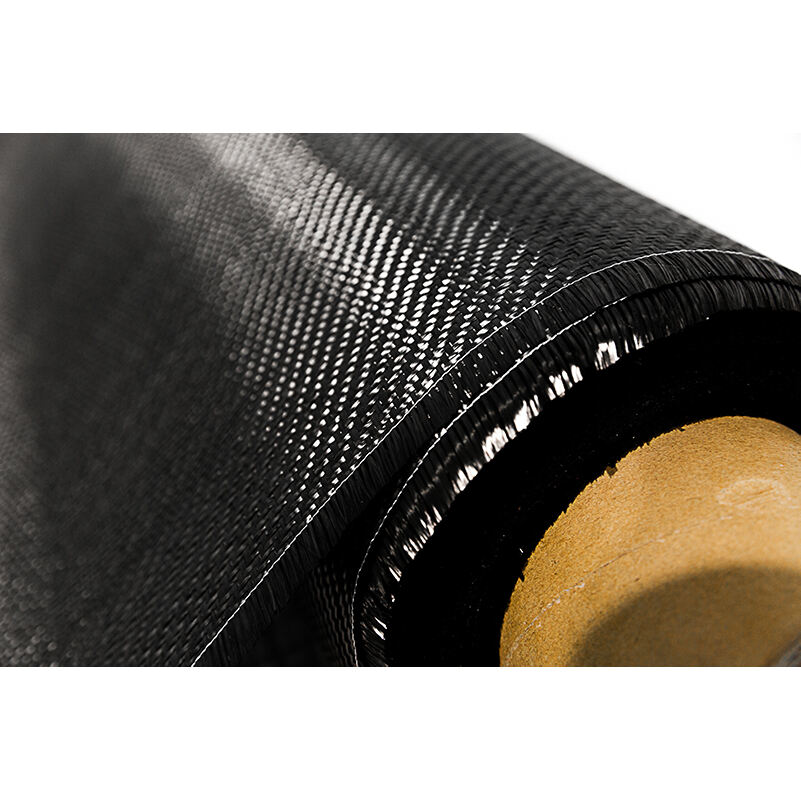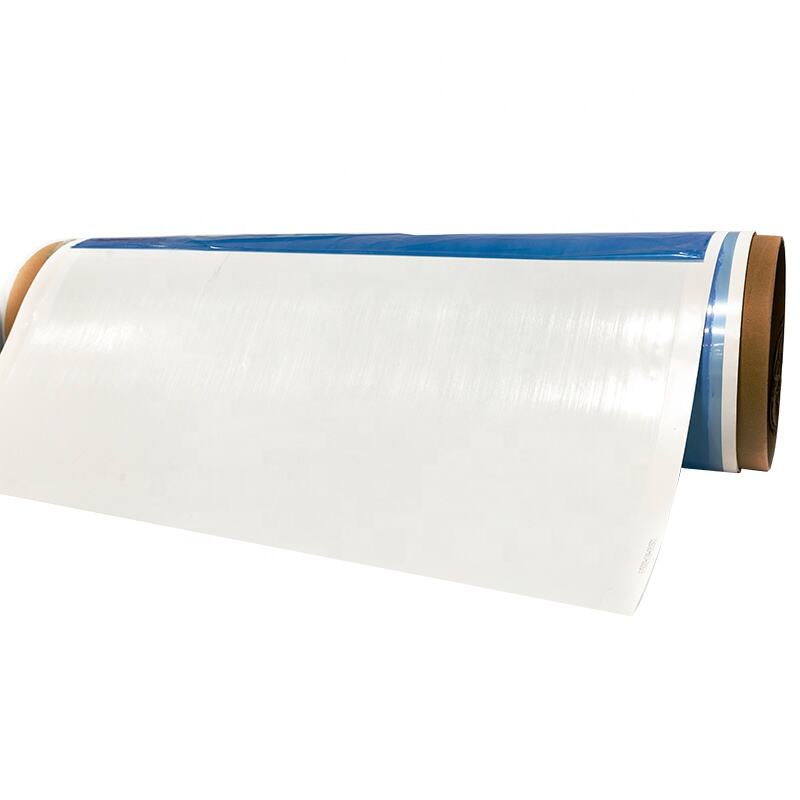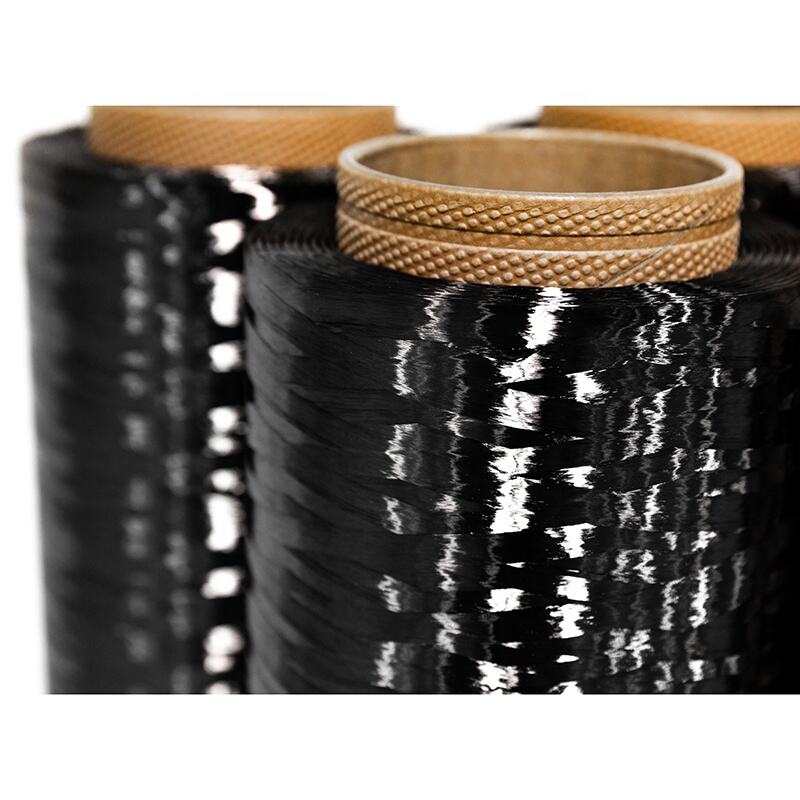carbon fiber made of
Carbon fiber is an advanced composite material made primarily of carbon atoms bonded together in microscopic crystals, aligned parallel to form incredibly strong fibers. These fibers, typically 5-10 micrometers in diameter, are combined with other materials to create carbon fiber composites. The manufacturing process involves oxidation and carbonization of precursor materials, most commonly polyacrylonitrile (PAN), at extremely high temperatures. The resulting material exhibits remarkable properties, including exceptional strength-to-weight ratio, high tensile strength, low thermal expansion, and excellent chemical resistance. Carbon fiber composites are extensively used in aerospace engineering, automotive manufacturing, sporting goods, and high-performance equipment. The material's versatility allows it to be woven into various patterns and combined with different resins to create components with specific characteristics. Modern applications include aircraft components, race car bodies, bicycle frames, wind turbine blades, and professional sports equipment. The continuous advancement in carbon fiber technology has led to improved manufacturing processes and enhanced material properties, making it increasingly accessible for various industrial and consumer applications.


